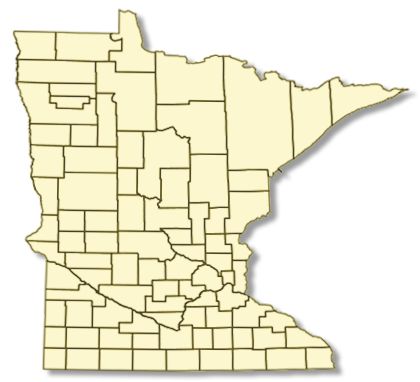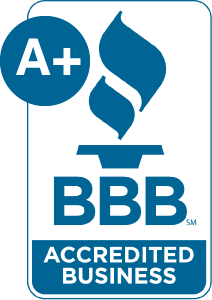FAQs
Welcome Seekers!
The answers you’ve been searching for are right within your reach. Just gaze into the crystal ball … that’s right, keep gazing …. or, better yet, read our amazing and informative FAQs.
(Either way, please remember to leave $20 on the table)
FAQs (Frequently Asked Questions)
- What is a Bail Bond?
A bail bond is a contract guaranteeing to the court that the defendant will appear for all future court dates on the case, and if not, the full amount of the bail will be paid to the court. A bail bond allows the defendant to remain out of jail until the end of the court case.
- What is a cosigner?
A cosigner (also known as a guarantor or indemnitor) is the person who takes financial responsibility for the bail bond if the defendant fails to appear in court, including guarantee of the full bail amount.
- Do you take payments?
Yes! To qualified cosigners.
- What is the procedure for bailing somebody out of jail?
We will provide you with an initial consultation where we will ask for some general information about your situation to begin the approval process. Then, we will meet with you to complete the paperwork. After the paperwork has been finalized and payment has been made, a licensed bondsman will post the bond at the jail.
- What do I need to bail someone out of jail?
You will need the fee, a cosigner, and possibly some form of collateral.
- What is a cosigner?
A cosigner (also known as a guarantor or indemnitor) is the person who takes financial responsibility for the bail bond if the accused fails to appear in court, including guarantee of the full bail amount.
- What is collateral?
Collateral is money, property, or other items of significant value that are held while the accused is out on bail. The collateral is returned when the defendant has completely settled the case.
- How much does it cost?
A “premium” is the amount paid to a bail bond company for the many services and financial risks assumed by the bail bonds company, on behlaf of the defendant. The amount of this premium is usually 10% of the amount of the bail and is regulated by the state.
- What if I am short on cash?
We understand that the cost of a bail bond is not a planned expense. You want to get your loved one out of jail, but may not have the full amount needed. We are happy to work with you to meet your special circumstances. We work out affordable bail bond payment plans at 0% financing. When you call, we will ask questions and suggest alternatives because we want to help. We help people who do not have the full amount of the fee every day. We know how to help you with your bond.
- If I bail somebody out of jail, what is my responsibility?
When you bail someone out of jail, you are called the bail bond indemnitor. You take full responsibility for the defenant to show up in court when you bail someone out of jail.
- How do I know when the defedant has to go to court?
It is your responsibility to know when the defendant has to go to court. Typically, the courts will notify us when the accused is to appear. You may call our office 7 days a week, 24 hours a day to check on the status of any court dates.
- If I cosigned for someone and they missed court, do I owe the full amount of the bond?
You are liable for the full amount of the bond plus expenses if your friend or relative does not go to court. However, a failure to appear in court does not necessarily mean you’ll have to pay the full amount of the bond. While there is no excuse for missing court, we strongly encourage our clients to notify us of any unusual circumstances so that we can advise them as to the best course of action.
- What is reinstatement?
If a defendant has failed to appear in court, they may be able to have the bench warrant removed and the bail bond re-activated or “reinstated” with the court. The defendant, working with the bail bond agent, will report back to the court which allows the court to set a new court date for the defendant. This procedure may result in additional fees to the defendant/cosigner.
- When does a forfeiture take place?
A forfeiture occurs when a defendant fails to appear in court. If a defendant misses a court date, a bench warrant is issued for their arrest. It is possible in many cases that the bail bond may be “reinstated” if we work together with the defendant to report back to the court, allowing the court to set a new court date for the defendant.
- Is the premium refundable?
The defendant and any cosigner(s) are reponsible to the bail service provider for the premium and any fees or additional expenses incurred by the bail service provider on their behalf. These monies are earned at the time the defendant is released from custody and therefore not subject to return. This is the case even if the defendant is found innocent the case is dismissed or the defedant is placed back into custody for another offence.
- What does exoneration mean?
A bail bond is exonerated when the legal process/trial has finished. It does not matter whether the defendant is found guilty/innocent or if the case has been dismissed. At this point, the bail bond is discharged. However, any unpaid premium, fees or other amounts charged by the bail service provider are still owed.







